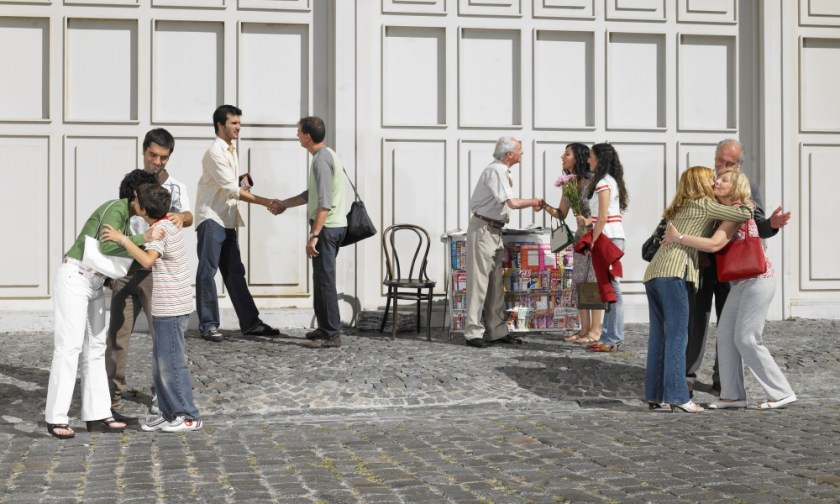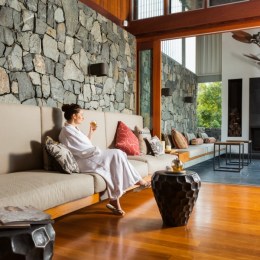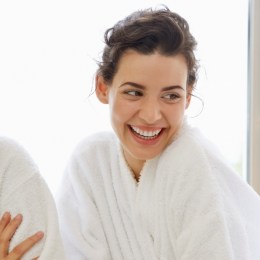Ashleigh Sharman discusses the role of salons, spas and clinics, asking how we can harness this position to better improve our communities and the lives of our clients.
The changes afoot in our industry, from salon to spa and clinic, ask us to question our purpose and intention. More importantly, they ask us to consider our relationships with our clients and the role in our community – the street where we work, the suburb where our clients live.
It is this very idea of community, and a need to belong, that has the power to not only strengthen our businesses but improve our industry at-large. It is time to shake off our competitive individualism and embrace a cooperative community.
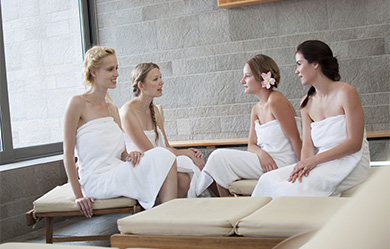 In his book The Art of Belonging, author, chronicler and critic of the Australian psyche, Hugh Mackay argues that a good life is lived at the heart of a thriving community, among people we trust, and within an environment of mutual respect.
In his book The Art of Belonging, author, chronicler and critic of the Australian psyche, Hugh Mackay argues that a good life is lived at the heart of a thriving community, among people we trust, and within an environment of mutual respect.
“Our human truth is that we are social creatures whose default position is to cooperate, conscious of our role as part of a larger group,” he said during a lecture as part of this year’s Sydney Writer’s Festival.
“In suburbs, and in communities, is how we choose to live as they provide for our need to belong. Communities are who we are but they need us as much as we need them.”
If we need communities, then it begs us to ask if we know our neighbours at all. Consider your own business: Do you know the other businesses in your street? Do you know the other business in your suburb? How does your neighbourhood work or do you simply arrive and leave work each day without a second thought?
The real benefit for us here is to engage with others in our industry – the industry that stretches from beauty to health and wellbeing – for I have no doubt that your local area possesses a GP, yoga studio, naturopath, physio, hair salon, health food store, Chinese Medicine practitioner, counsellor, or dietician, that would be of immense benefit for you to connect with in a professional capacity.
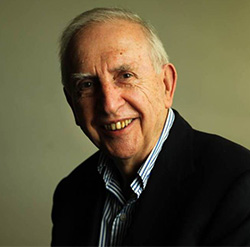
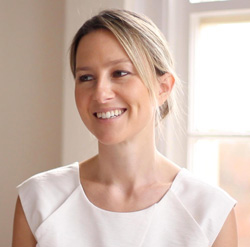
“Don’t waste another minute asking ‘who am I?’ The real question is ‘who are we?’ and ‘what sort of society do we want to become?” said Mackay. “You are your context to your community so we are all going to have to work a little harder.”
If we are to better participate in our community by engaging with other businesses around us, where does that leave our client? What do we mean to them and their sense of community?
This was the question I posed to Dr Alexandra Walker, author and academic in the fields of self-development, happiness, consciousness, human behaviour and mindfulness.
“I love the evolution of the word ‘salon’ from its position at the centre of philosophy,” she told me. “In France, during the time of revolution, educated women had their careers in salons.”
“It was about inviting good conversationalists to come and discuss philosophy and issues of the day. It was the way women would engage in politics and let their views be known.
“Then the word evolved to incorporate aspects of pampering – secret women’s business, hair and beauty. It is still a place where women congregate to discuss issues of the day but under different auspices; now, a place to become more beautiful, a place to connect.”
Yet the way our clients most often experience this pampering is to retreat into an inner-world; to escape. So where does that leave the salon, spa and clinic as a place of connection?
“There is a space for being guided into the inner-world. Perhaps that is the changing nature of the salon and community; it’s now a place for ‘time-out’. Or maybe it’s reflecting our clients’ desires from a space of gossip and chatter to that of inner sanctuary,” says Dr Walker.
Is our role in the community that as therapist and personal healer? Where the client expects not only to look better but feel better and where all aspects of training need to incorporate mind, body and spirit. How wonderful for our clients if we could bring about such mindfulness in everything from a spray tan to botanical peel, laser rejuvenation to Brazilian wax.
Dr Walker advises salons to get conscious about what energy they are creating and how they are shaping their community through their clients.
“What you feel, you become. We are hard-wired for empathy,” she says, yet points out that we must also be conscious of learning how to deal with this energy, good and bad, for our personal emotional health.
Salons, spas and clinics truly have the opportunity to become community hubs by being an example of connectedness and by giving people an experience of what community is.
You may decide to hold a street party, team up with other businesses for cross-promotion, or simply introduce yourself to your neighbour. Whatever it is, ignore the concept of community at your own peril. We all crave belonging and you are a beautiful place to start.

